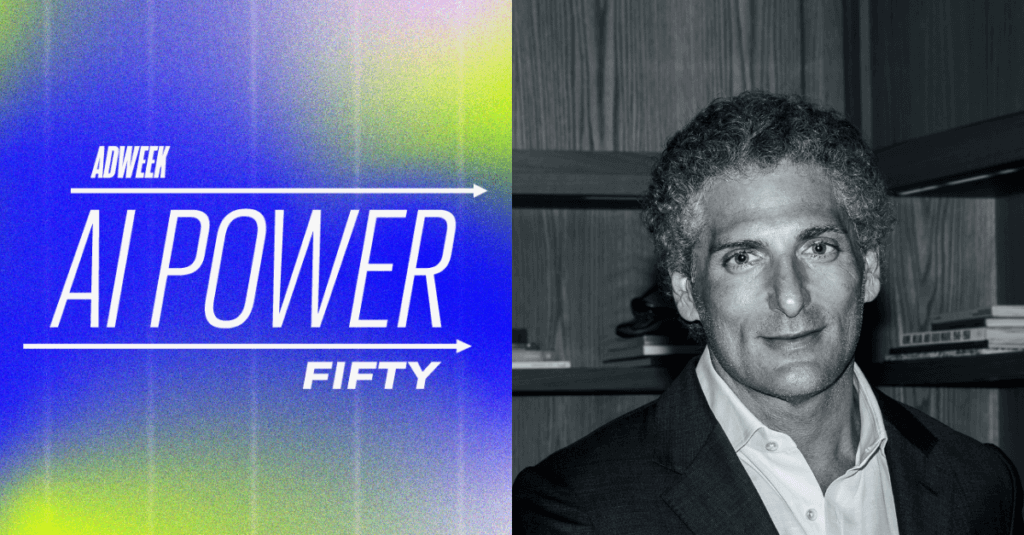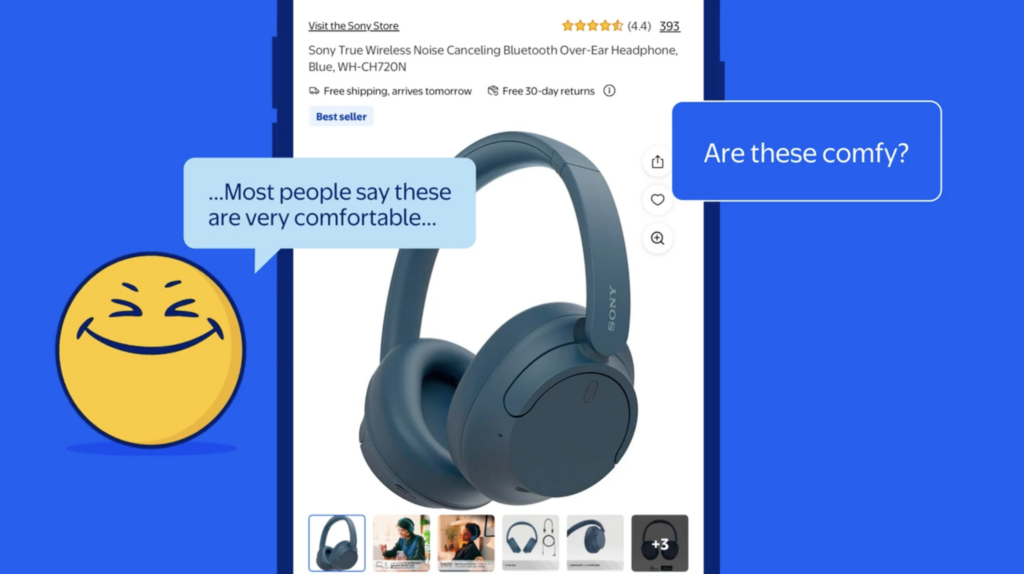Two days after Bartz v. Anthropic gave us one of the most thoughtful legal opinions yet on AI and copyright, Kadrey v. Meta quietly arrived with far less clarity—and even less ambition.
On June 25, 2025, Judge Vince Chhabria granted summary judgment in favor of Meta, dismissing a lawsuit brought by authors Richard Kadrey, Sarah Silverman, and Christopher Golden. The authors alleged that Meta used pirated copies of their books, which were sourced from shadow libraries like Z-Library and Bibliotik, to train its large language models (LLaMA 1 and 2). It’s a serious claim, especially in light of what was affirmed just 48 hours earlier in Bartz: that training on pirated materials is not protected under fair use.
But in this case, the judge didn’t engage with the underlying questions of consent, legitimacy, or how we evaluate training data in a generative AI ecosystem. Instead, the case was dismissed because the plaintiffs couldn’t show that any specific LLaMA outputs replicated their works. No outputs, no infringement. Full stop.
For anyone hoping this case would build on, or even respond to, the moment established in Bartz, it was a frustrating anticlimax.
The Setup: What Was Kadrey v. Meta Actually About?
At its core, Kadrey raised an essential question: Does the legality of training large language models depend not just on what data is used, but how that data was obtained?
The plaintiffs claimed their copyrighted books had been scraped without permission from illegal archives and incorporated into Meta’s training corpus. The lawsuit pointed not only to the fact of inclusion, but to a broader concern that generative models like LLaMA could eventually reproduce their original works.
That argument should have resonated in the wake of Bartz. In that case, Judge William Alsup ruled that:
- Training on lawfully purchased books is fair use.
- Transformative use applies to LLMs—if the outputs are meaningfully different.
- Using pirated or unauthorized materials for training is a copyright violation, regardless of whether the outputs replicate the original text.
By contrast, Kadrey sidestepped almost all of this.
What the Court Said (and Didn’t Say)
Judge Chhabria’s decision was procedural, not philosophical. His rationale boiled down to a single issue: the plaintiffs couldn’t point to any LLaMA-generated output that replicated their copyrighted works. Without that, he declined to reach any conclusion about the legality of the training data itself.
On one hand, that kind of judicial restraint isn’t surprising. Judges often avoid ruling on broader issues when narrower grounds are available. On the other, the missed opportunity was stark. There was no serious discussion of fair use, no engagement with how LLMs ingest and abstract massive datasets, no reflection on the ethics of data provenance or scraping. There was no commentary on the very real possibility that authors’ works could shape AI behavior, even if it doesn’t show up as a 1:1 reproduction.
Bartz vs. Kadrey: A Contrast in Judicial Imagination
The contrast between Bartz v. Anthropic and Kadrey v. Meta lies not just in the outcomes, but in the intellectual posture of the judges involved.
Judge William Alsup’s June 23 ruling in Bartz demonstrated an unusually deep understanding of both copyright law and the technical architecture of large language models. His opinion acknowledged the cultural magnitude of generative AI, likening the training of models to how humans read, internalize, and synthesize knowledge. He affirmed that training on lawfully acquired content qualifies as fair use, while drawing a clear boundary around pirated data—emphasizing that how the data is sourced matters as much as how it is used.
Judge Vince Chhabria’s June 25 decision in Kadrey, by contrast, felt deliberately narrow. Rather than weighing in on whether scraped or pirated materials could be used to train LLMs, he dismissed the case on procedural grounds: the plaintiffs hadn’t shown specific outputs generated by Meta’s models that resembled their copyrighted works. As a result, the ruling left core questions—about consent, transformation, and the role of provenance in AI training—completely unaddressed.
One decision moved the conversation forward. The other refused to have it.
Why This Still Matters
Even though Kadrey didn’t engage on substance, the questions it raised aren’t going away:
- Does the method of acquisition matter? (Yes. Bartz already told us that.)
- Can authors protect their work even when AI outputs are probabilistic and diffuse? (They’re trying.)
- Should models be accountable for what they’re trained on—even when outputs don’t show it directly? (This is the next frontier.)
And here’s the real tension: Kadrey seems to imply that unless you can produce a near-verbatim output, you don’t have a case. But anyone who’s worked with LLMs knows that output is probabilistic. It’s influenced by training data—but it rarely surfaces a perfect copy.
So what happens when authors’ voices are embedded in a model’s “style,” tone, or latent knowledge? Is that memory? Emulation? Infringement?
These are unresolved—and Kadrey didn’t help resolve them.
Strategic Takeaways for Brands and Publishers
This is more than just a copyright debate. It’s a roadmap for how marketers, publishers, and content owners think about visibility, data access, and intellectual property in the age of AI.
✅ Revisit your robots.txt and llms.txt configurations. Decide what you want LLMs to see—and what you don’t. These files are the closest thing we have right now to enforceable boundaries.
✅ Align your content access policies with your business goals. Are you licensing your data? Opting out? Gating high-value content? Now’s the time to formalize those decisions.
✅ Don’t wait for a court to define your boundaries. The legal system is still catching up—and moving slowly. Your content strategy should move faster.
✅ Be prepared to prove ownership and track use. As generative search becomes more embedded in product discovery and customer experience, attribution and transparency will become critical. Make sure you’re architecting your content with that in mind.
Final Thought
Bartz was a win for legal clarity. Kadrey was a reminder of how fragile that clarity can be.
One case gave us a nuanced vision of how copyright law might evolve to meet this moment. The other gave us a technical dismissal and left the deeper questions unasked.
But those questions are still here. For authors, for brands, for publishers, and for everyone shaping the future of knowledge online.
Because like it or not, your content is already training someone’s model. The only real question is: on whose terms?
If you’re ready to take control of how your brand shows up in AI-driven platforms, explore our AI Optimization services, or let’s talk.
Optimize Your Brand’s Visibility in AI Search
Millions turn to AI platforms daily to discover and decide. Make sure they find your brand.






